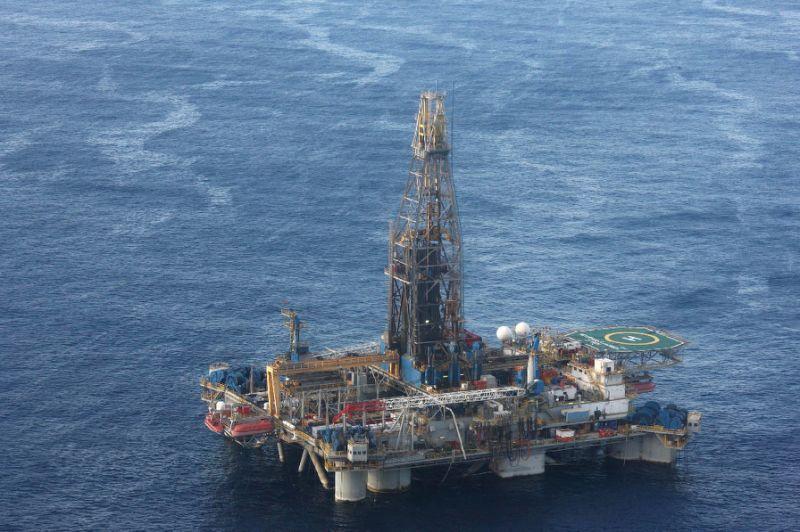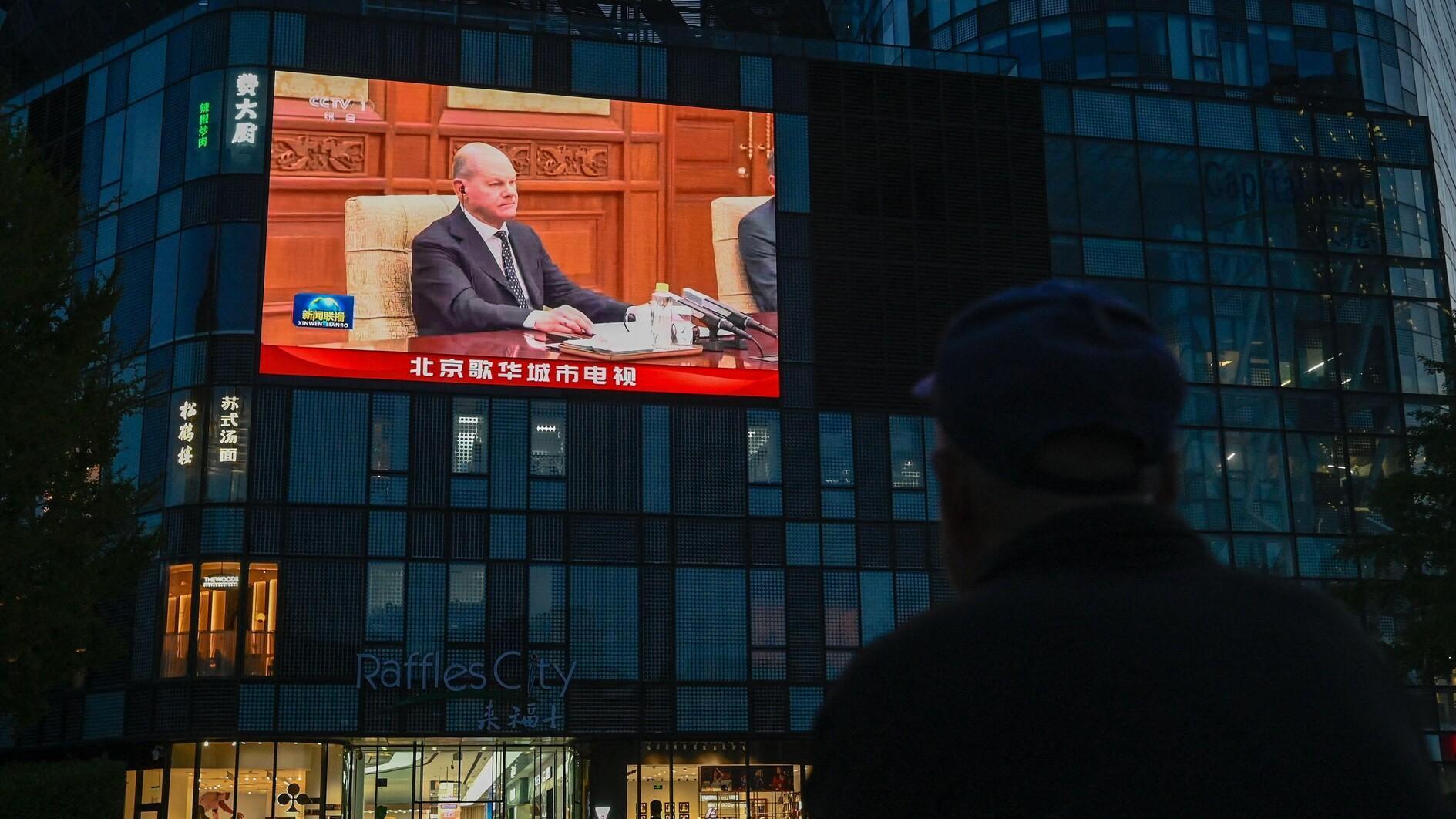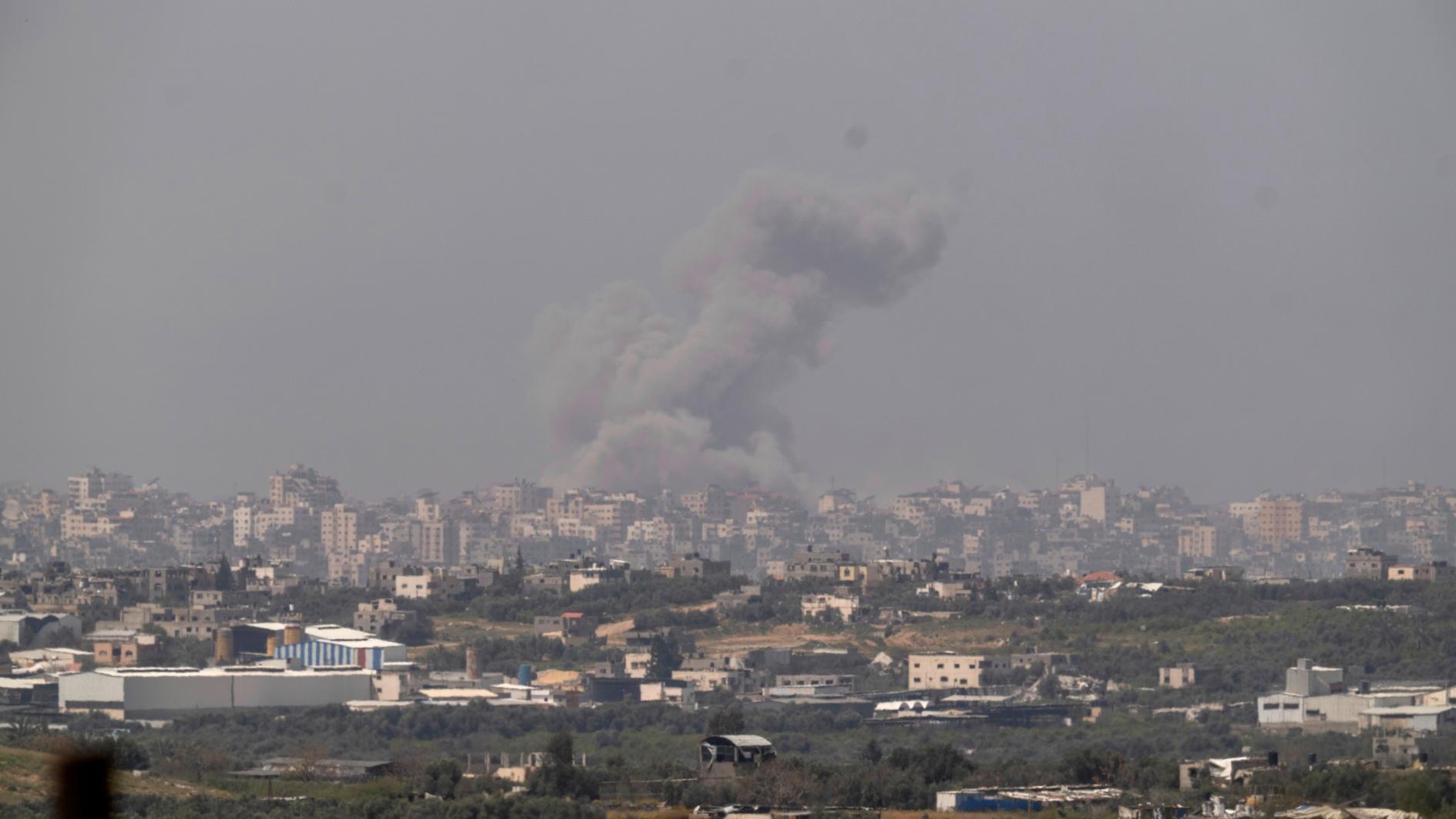Turkish Cypriots vow to stand firm in island gas dispute
NICOSIA – Agence France-Presse

After a standoff in the Mediterranean that saw Turkish warships force back an Italian rig, Turkish Cypriot authorities insist no resources can be tapped around the divided island unless they are on-board.
The confrontation over gas deposits has seen tensions soar between Greek Cyprus and Turkish Cyprus - just as the two sides are weighing up a return to peace talks that collapsed last year.
EU member Greek Cyprus has been hunting for energy offshore for years - and has exploration deals with majors including Italy’s Eni, France’s Total and ExxonMobil in the United States.
That quest has long sparked opposition from Ankara and the self-declared Turkish Cypriot state it backs on the north of the island - culminating in Ankara blocking an Eni exploration vessel last month.
Now as ExxonMobil gears up to start its own research in the island’s waters ahead of planned exploratory drilling later this year, the Turkish Cypriots insist that they need to be consulted if any resources are to be exploited.
“If the will of the Turkish Cypriots is not taken into consideration any economic activity will not be successful and cannot proceed. As you have seen the drilling was not done,” Turkish Cypriot foreign minister Kudret Özersay told AFP.
“We will not allow either the Greek Cypriots or the companies to unilaterally act on our behalf.”
The spike in tensions over energy comes at a delicate time as the two sides consider whether to restart U.N.-backed efforts to reunify the island after they broke down in acrimony last July.
Cyprus has been split since a Turkish military operation in 1974 in response to a coup inspired by Athens.
While the gas dispute has appeared to push the communities further apart, Özersay insisted it could help the Turkish Cypriots press the other side on with negotiations - either to resolve the broader conflict or agree a separate deal on sharing resources.
“I see the existing circumstances as a kind of opportunity,” he said.
“If energy companies or states via energy companies can give the right message to the Greek Cypriot community.”
Should that fail, Özersay warned, then the Turkish Cypriot side could look to press on with its own exploration and drilling in the disputed waters.
Greek Cypriot President Nicos Anastasiades pledged ahead of elections that saw him win a new term in February that he wanted to restart peace efforts quickly.
Now the rhetoric has hardened and he insists talks can only begin when Turkey starts respecting his country’s “sovereign rights” over energy exploration.
For those pushing to reunite the east Mediterranean island the increasing tensions over energy are jeopardizing any chances of making progress.
The U.N.-backed talks last year were seen as the closest the two sides have ever come to solving the issue but now the fear is that any remaining goodwill is fast evaporating.
“This is a very dangerous strategy for both sides,” said Turkish Cypriot journalist and peace activist Esra Aygin.
“Basically what both sides are saying right now if we get rid of all the details is that they don’t want to start negotiations - and this makes me question the sincerity and honesty and determination.”
















